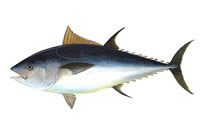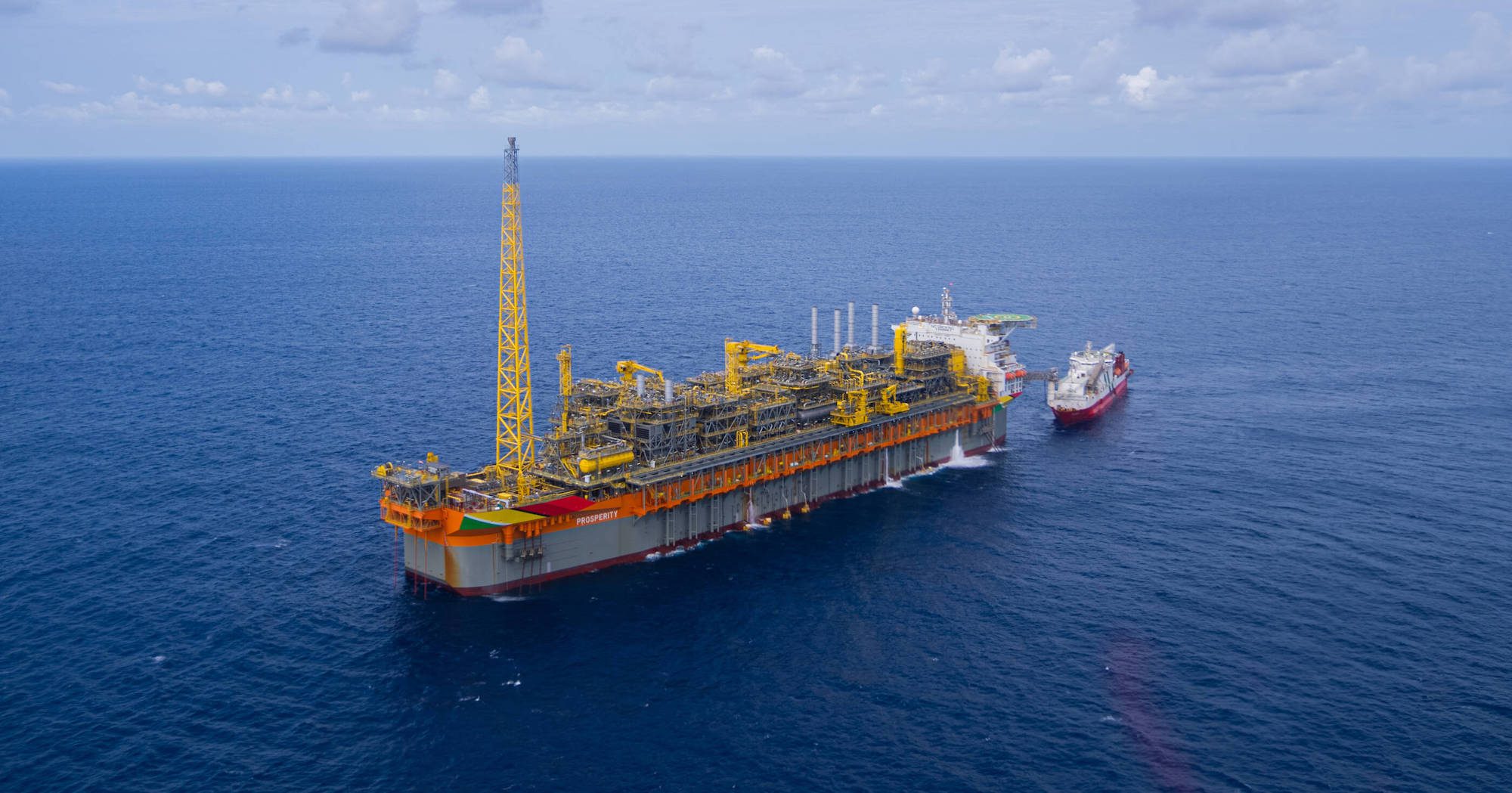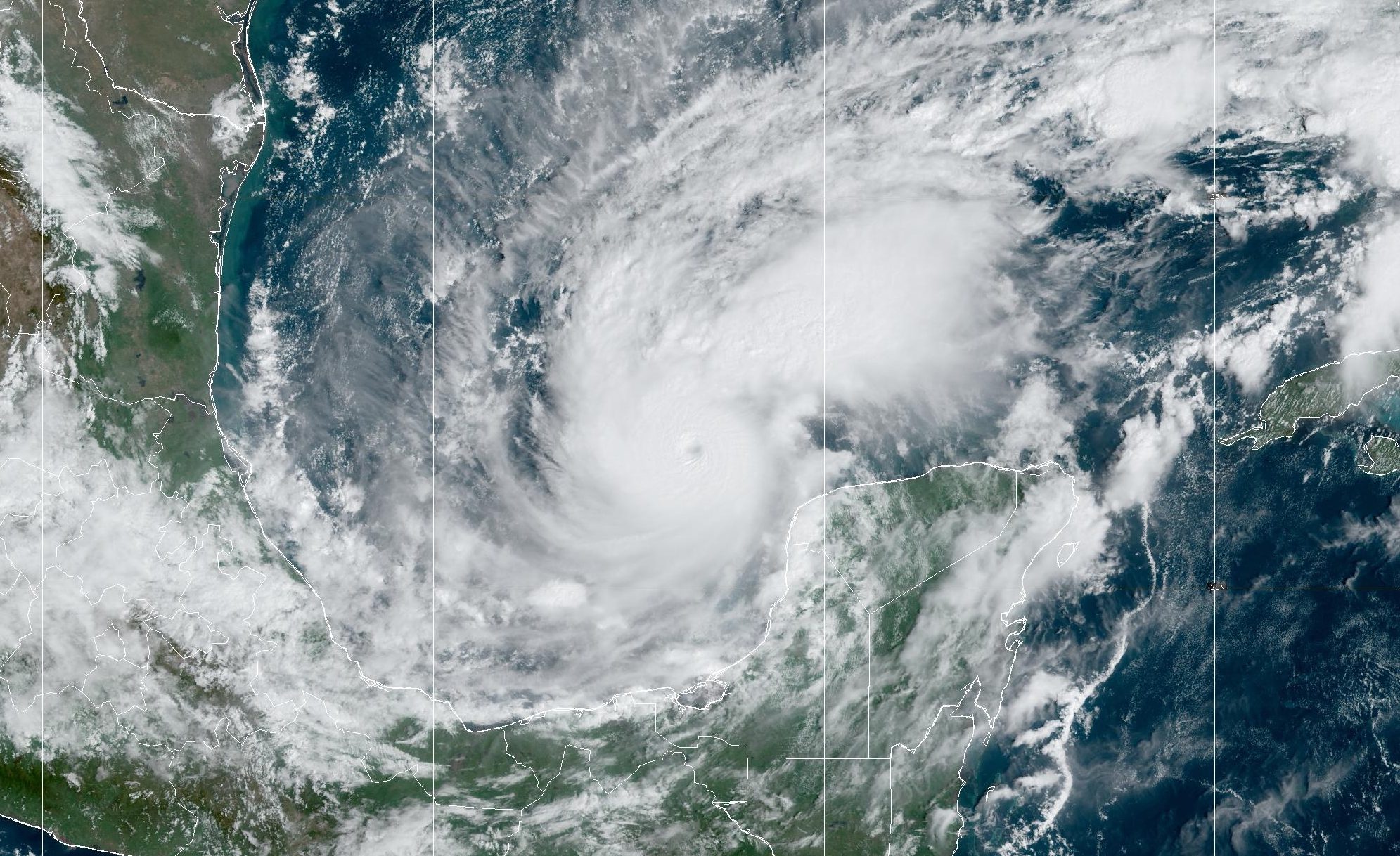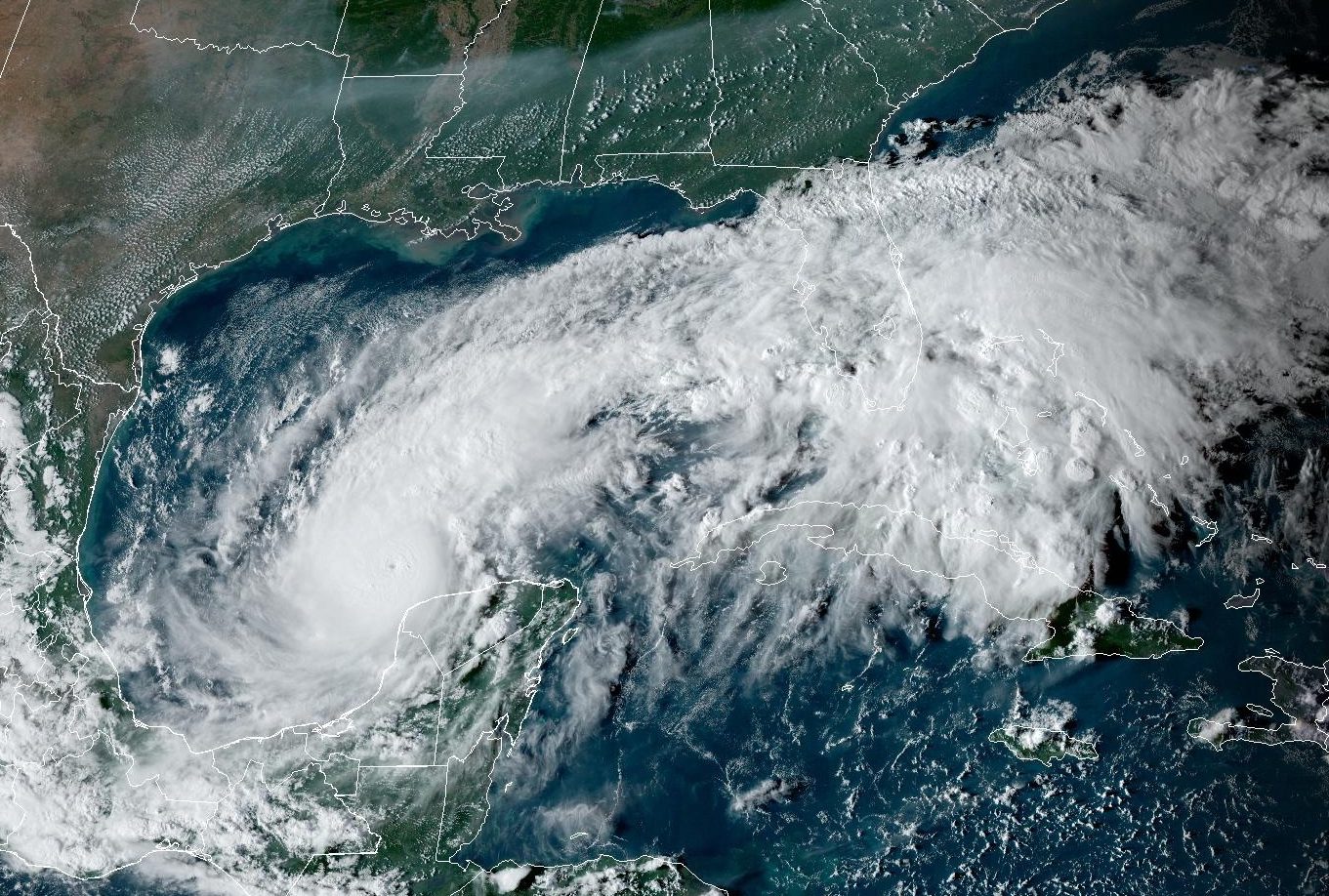
The NY Times has an interesting article on the depletion of Bluefin Tuna around the world and suggests that the fate of Atlantic TunBluefin’s may be in jeopardy from the spill. Paul Greenberg writes:
It’s also a fish that regularly journeys between America and Europe and whose two populations, or “stocks,” have both been catastrophically overexploited. The BP oil spill in the Gulf of Mexico, one of only two known Atlantic bluefin spawning grounds, has only intensified the crisis. By some estimates, there may be only 9,000 of the most ecologically vital megabreeders left in the fish’s North American stock, enough for the entire population of New York to have a final bite (or two) of high-grade otoro sushi. The Mediterranean stock of bluefin, historically a larger population than the North American one, has declined drastically as well. Indeed, most Mediterranean bluefin fishing consists of netting or “seining” young wild fish for “outgrowing” on tuna “ranches.” Which was why the Greenpeace craft had just deployed off Malta: a French fishing boat was about to legally catch an entire school of tuna, many of them undoubtedly juveniles. Visit Full Article….
The Official Deepwater Horzion response website only has one mention of Bluefin Tuna. In an early May press conference on the effects of the oil spill on gulf sea life Steve Murawsky, Director of Scientific Programs for NOAA, says:
 These impacts, in particular in the offshore areas – I know my colleagues at the Department of Interior want to emphasize this – are difficult to detect offshore because it’s an area that’s very difficult to observe. A functioning Gulf of Mexico ecosystem is critically important to all these Gulf seafood species that we eat and the long-term impacts are likely to express themselves over years to come.
These impacts, in particular in the offshore areas – I know my colleagues at the Department of Interior want to emphasize this – are difficult to detect offshore because it’s an area that’s very difficult to observe. A functioning Gulf of Mexico ecosystem is critically important to all these Gulf seafood species that we eat and the long-term impacts are likely to express themselves over years to come.
The springtime is the spawning time – the critical point in the lifecycle for many of the Gulf’s most important fishery resources, including offshore, the bluefin and yellowfin tuna. Inshore, the larvae of groupers as well as white and pink shrimp, cobia, amberjack, Spanish and king mackerels, dolphin fish, as well as blue crabs. We know from testing that the youngest life stages in these species are the most vulnerable and that’s the free-floating eggs and the larvae.
….on the subsurface, we have some capability that’s been deployed and some new cruises that we’re scheduling. As you said, I mean, this is, by its very nature, difficult to observe. I would say that this is the spawning season for bluefin tuna. In fact, they spawn in the offshore areas surrounding the spill. And there is a current cruise out there looking at eggs and larvae through samples at the surface, as well as a small mesh net that’s towed, you know, obliquely through the water.
But there is no record on the site of results from the new research “Cruises” and NOAA’s official Bluefin website makes little mention of the effects of the oil spill on this species of fish.
Bloomberg news paints a slightly more optomistic picture in an article published Friday titled, Gulf Oil Spill Ticking Time Bomb for Sushi Staple Bluefin Tuna, Bruce Einhorn and Stuart Biggs write:
The BP spill “will inevitably have a big effect at a time when there’s already uncertainty about the sustainability of the stock” in the Atlantic, he said.
Still, the bluefin are hardy creatures, and may still withstand the latest setbacks, the WWF’s Fox said.
“Once they get to full size, there’s nothing that can catch them other than humans,” he said. “But every year we move into more uncharted territory.”
gCaptain remains unsure of the final outcome of this much loved species but we will be sure keep an eye out for updates in the the coming weeks.
If you know of a good resource for information on this topic please include a link in a comment below.

 Join The Club
Join The Club












